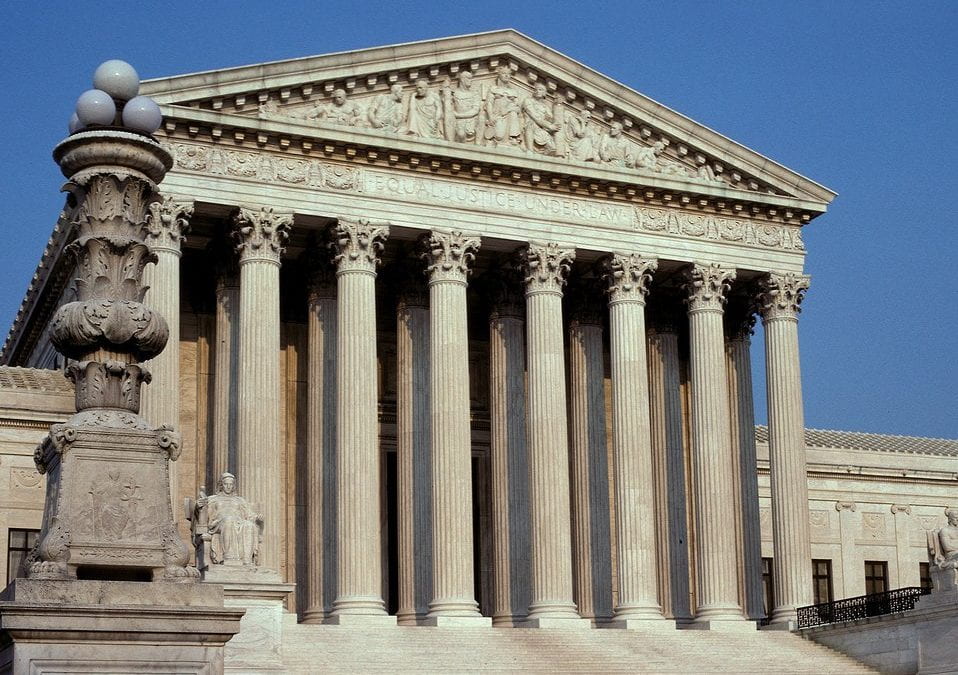
A Brief Overview of H.R.2534: Insider Trading Prohibition Act
Congressman Himes celebrated the bill as a long-overdue clarification of insider trading law that will “let potential wrongdoers know exactly what behavior will cross the line.”

Whose Power Is It Anyway? The Legal Quandary of Executive Clemency’s Effect on Judicial Habeas Corpus
Taking into account the power of these two branches, the question becomes the following: Does presidential clemency discard a judicial judgment, leaving the recipient bound only by an executive judgment? Or does it merely reduce the effect of the judiciary’s ruling on the matter?

Redefining ‘Material Support’ to Promote Humanitarian Aid and Peacebuilding
“Congress should amend the definition of material support to be in line with its legislative intent and eliminate policy that excludes direct, non-financial, on-the-ground humanitarian aid and peacebuilding from the scope of prosecution, particularly where the actor is a government official, agent, or organization.”
Is Mural Art Moral Graffiti?: Determining The Standards Of Criminality For Street Artists
Recent regulations criminalizing graffiti are meant to deter vandalism and clean up streets from unauthorized markings. But is the law missing something by assuming that graffitists are criminals and vandals rather than suppressed, underpaid artists?

A Failed Gamble: The Supreme Court’s Affirmation of the Dual-Sovereignty Doctrine in Gamble v. United States
“In November 2015, Terrence Gamble was driving in Mobile, Alabama, when he was pulled over by a police officer because of a damaged headlight on his vehicle. Approaching the vehicle, the officer noticed an odor of marijuana emanating from Gamble’s car, leading the officer to search the vehicle. The officer’s search uncovered a loaded nine-millimeter handgun. Because of Gamble’s prior conviction for second-degree robbery, he was arrested for violating Alabama’s felon-in-possession statute, which provides that no person convicted of “a crime of violence” “shall own a firearm or have one in his or her possession.” Gamble pled guilty to the offense. In most criminal cases, this is where the story ends. A sentence is imposed, a judgment is entered, and no further proceedings take place. This, however, was not the average criminal case.”
